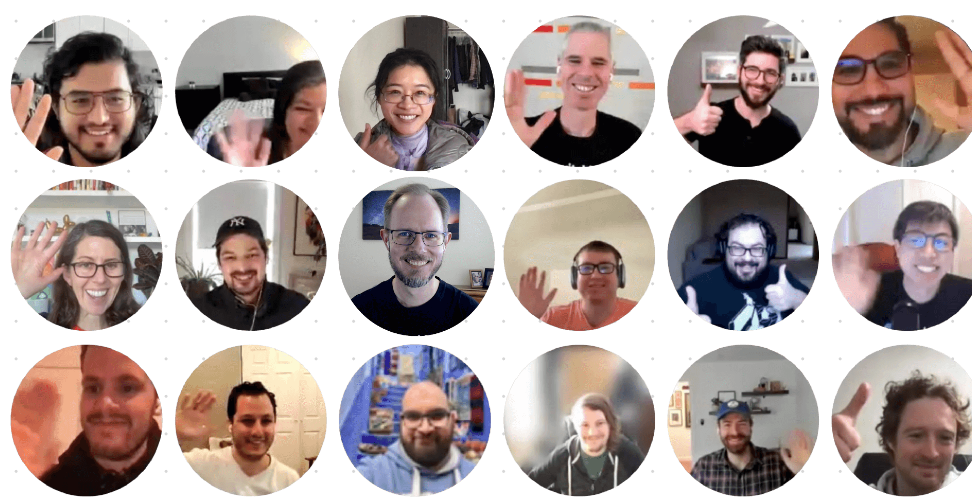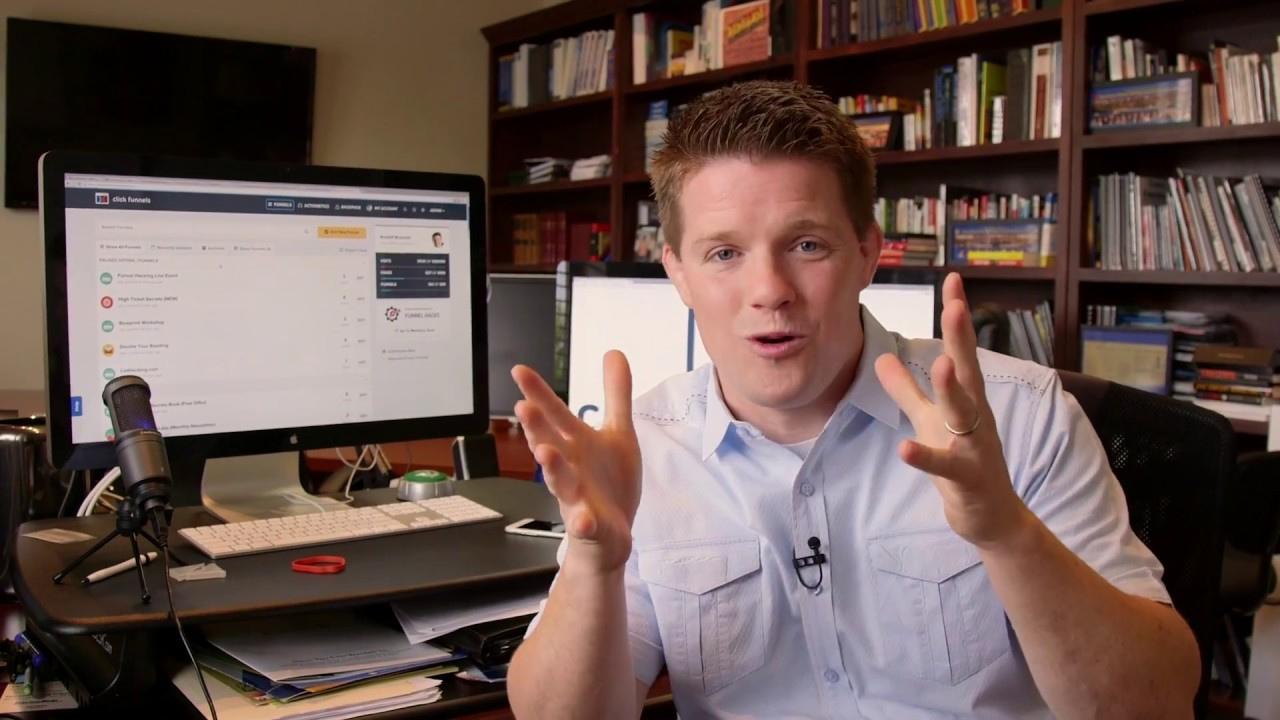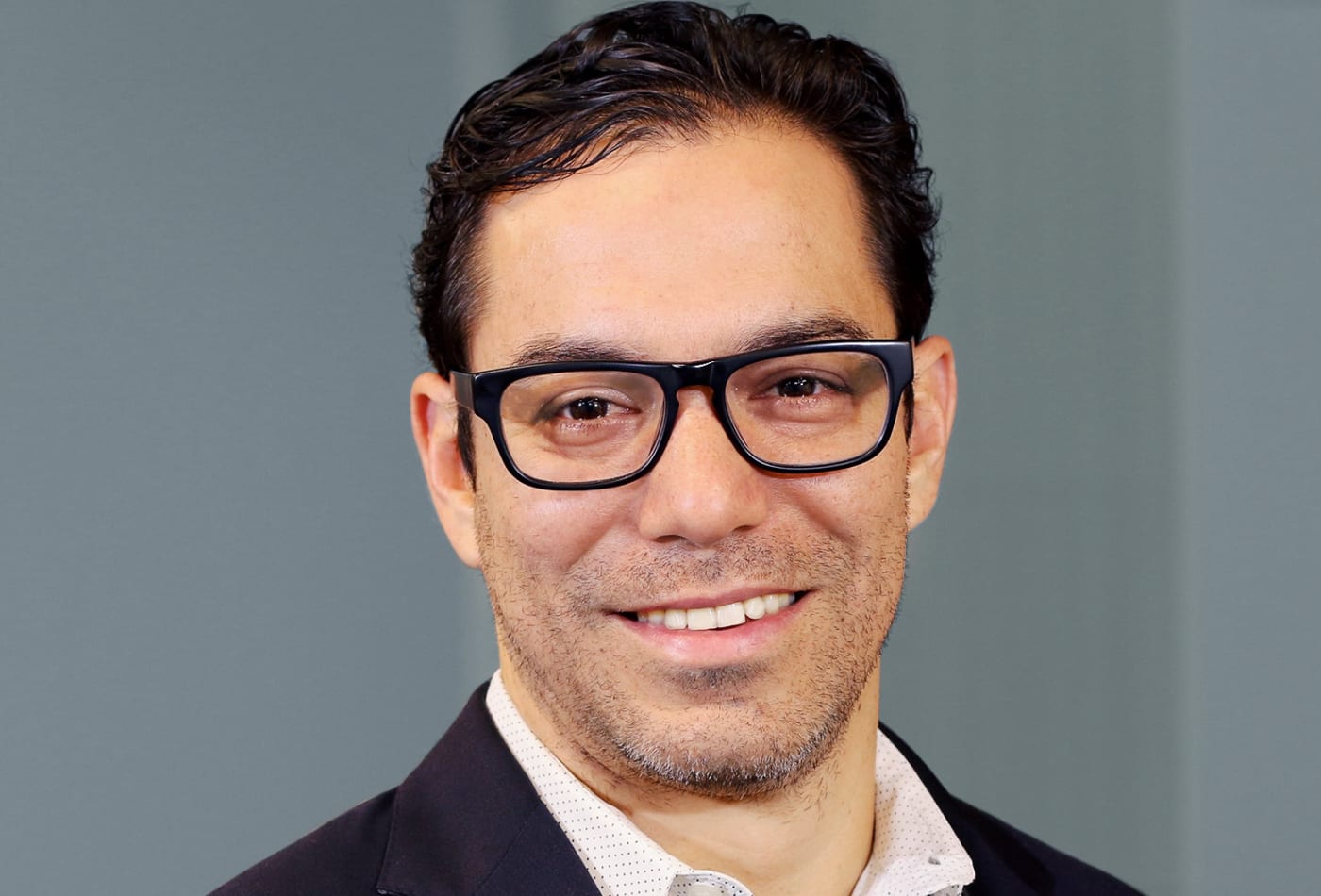Serial entrepreneur Amir Ashkenazi, Founder and CEO of Switchboard (currently in beta) recently sat down with the GetLatka team to discuss the future of remote and hybrid team collaboration and why he believes Switchboard cracked the code on remote cloud co-working.
Amir Ashkenazi isn’t new to startups. Although this is his first remote-only company (and he proclaims he’s never going back), the 6X founder pioneered comparison shopping with Shopping.com, which eBay acquired in 2005 for $620m. He also founded programmatic advertising company Adap.tv, which AOL bought for $405m in 2013. And he founded Tookee.com, which was acquired by LogMeIn while still in stealth mode.
Spawned by his own remote guitar lesson disappointment during the pandemic, Ashkenazi set out to fix the online guitar lesson world. Instead, he realized that his negative guitar lesson user experience problem typified the challenge of every remote and hybrid team when trying to collaborate.
- 5 patents granted in 2 years
- $13m raised pre-beta
- Team of 22
6th venture as a technical breakthrough
Although he didn’t set out to focus on remote cloud co-working, CEO Ashkenazi admitted to loving to build products that he says, “Are absolutely innovative, you don’t have now, and you really need.” Ashkenazi explained that Switchboard is a next-generation, collaborative cloud co-working space that allows people to do what video doesn’t, like working side-by-side. According to Ashkenazi, the proof of the breakthrough technology is in the number of patents granted so quickly.
5 patents in 2 years, with more to come
Latka asked why it’s been so hard to collaborate and what will win the category: a technology breakthrough, greater distribution, or something else. Obviously, Ashkenazi believes in the tech, explaining that cloud browsers are “single player apps”—allowing one user to interact with the web. Along with its 5 patents to date, the Switchboard app has created collaborative rooms where users can bring in tools they’re already using and leave them in open rooms for ongoing collaboration. “Switchboard offers an interactive canvas for collaboration, delivering security, scalability, and a great user experience,” summarized Ashkenazi. He added that the platform allows users to bring the tools they already use to the app.
$8m MVP
As noted, the shared collaboration room was a difficult problem to solve from a technology perspective. Because of that, Founder Ashkenazi and his team invested $8 and 2 years into the project to create an MVP. “The 5 patents in two years show how difficult it was to solve this problem,” noted Ashkenazi. He added that they have more potential patents in the pipeline.
Key learnings from a half dozen startups
Founder Ashkenazi shared no regrets about his startups, although he laments not holding onto each a bit longer. When selecting partners for Switchboard, his latest venture, he focused on choosing people who are excited about the journey and have something of value to contribute.
Accelerate process with VCs
Ashkenazi immediately dismissed the idea of bootstrapping any venture. On the contrary, Ashkenazi believes that partnering with the right VC is critical for accelerating the process of building any startup. “I believe you can’t work alone, and you need the human connection.” He added that his goal is to inspire people to go forward together in a common direction toward the future.
2 years in stealth mode
Although he is the sole founder of Switchboard, Ashkenazi views his leadership team as essential partners in all business decisions. His first partner was Daniel Portillo, who he knew from his days as a talent recruiter at Greylock. “His connections and contacts were transformational,” adding that Portillo connected him again with the right people as Switchboard spent its two years in stealth mode. Today, Portillo is a Co-Founder at The General Partnership.
100% remote work structure
Founder Ashkenazi believes that the most important decision he’s made about Switchboard is that it’s a 100% remote work structure. “Because we have the freedom to hire from anywhere, we’ve opened a world of flexibility to hire the right people no matter where they are,” explained a liberated Ashkenazi. He advises other founders to always partner with the best people. “It’s not just about compensation,” he explained, adding that “it’s about the journey. Give them a front seat on the journey. Don’t shield them; show the good and bad.”
First task: validating the idea
Before developing Switchboard, Ashkenazi used his “very limited product design skills” to create something he could show potential customers. He started with what he saw as the ideal audience: guitar instructors. And while these prospects showed interest, he soon realized that his audience was much broader than expected.
Remaining in beta in 2022
“Beta accelerates learning velocity. It’s most important to learn quickly and adapt based on what you see,” explained Founder Ashkenazi. Beta is helping the team identify personas and target customers. “You always learn something new, no matter what you already think,” he explained. In the case of Switchboard, Ashkenazi noted that they expected startup CEOs and design and product managers to be interested in the product, but they didn’t expect so many higher education users. Ashkenazi added that at Switchboard, they stay very close to the users to learn about retention, virality, and product usage patterns.
Virality as a critical component
Ashkenazi explained that virality is critical for Switchboard and that their marketing is based on virality to invite others to join. Latka asked about the tech stack for monitoring, and Ashkenazi first named Snowflake, Amplitude, and Datadog to monitor platform usage and activities. “The key is not just collecting the data, but taking the time to analyze the data and gain real insights from it,” Ashkenazi explained.
$13m raised pre-beta
Ashkenazi insisted on raising money from external investors from the beginning. Why? Because he believes VCs are critical to his success. “I use every round to validate my assumptions and confirm my strategy,” Ashkenazi explained.
Out of beta date TBD
Ashkenazi declined to share the number of beta users and was vague about when Switchboard would be out of beta. Ashkenazi did explain that their current focus is on making users love the product and determining how many frequent users would recommend the product to people they know. He noted, “We are making fantastic progress. We have a community of passionate users. We want to grow a bit more before monetization and scaling customer acquisition.”
Fast Five
Switchboard Founder and CEO Amir Ashkenazi admitted that the last book he read was more tactical than strategic, but he loved The Mom Test by Rob Fitzpatrick. “It shows how to do user interviews and teaches you how to get the truth from users,” he said. Amir shared that he doesn’t follow any specific CEO. Instead, he recalls the lessons learned from his Shopping.com Co-founder, Nahum Sharfman, who tragically died with his wife in a plane crash in 2009. Amir’s favorite tool for building Switchboard is Loom. “It’s a fantastic tool for asynchronous collaboration, and the CEO is an investor,” explained Amir. He gets 6-7 hours of sleep per night. Amir is married with three children and is 51-1/2 years old. When asked what he wished he knew at 20, Amir exclaimed, “So many things! I feel fortunate to have seen the internet evolve in such a dramatic way. I’m excited, but we haven’t even seen 1% of the overall direction the internet will take. I wish I could see more, but I am grateful to be a part of this journey and experience it firsthand.”











